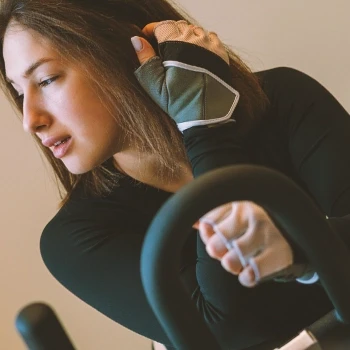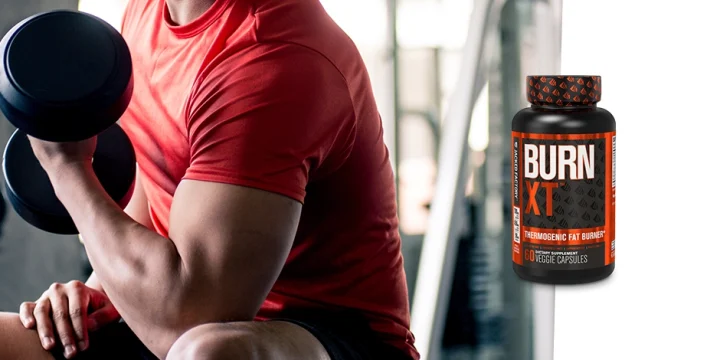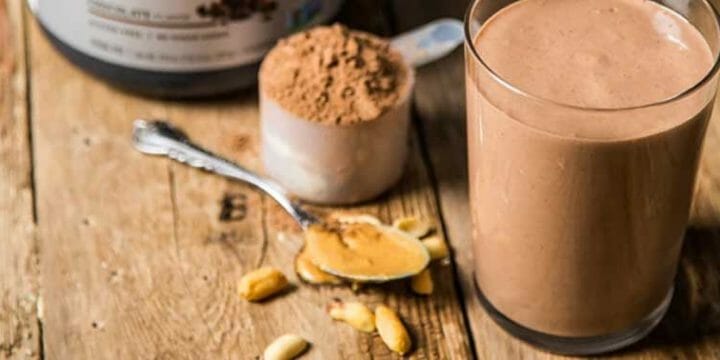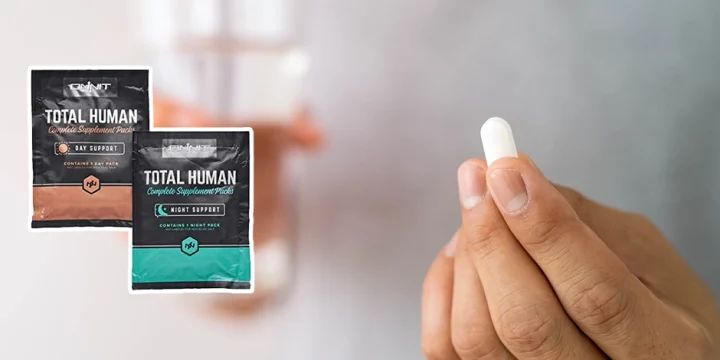As a doctor, I often hear about the numerous benefits of weight loss, and while I wouldn't discourage anyone from losing weight, it's important to be aware of some unexpected side effects, such as feeling colder than usual.
In my practice, I've encountered patients who were puzzled by this phenomenon, prompting me to delve deeper into the reasons behind it. Collaborating with a personal trainer who was also curious about this, we explored the science together.
Our findings revealed that essential fat pads are crucial in regulating body temperature. Therefore, significant changes in body composition, like those seen with weight loss, can affect how individuals tolerate cold environments.
Quick Summary
- Losing weight can make you feel colder because fat provides both insulation and fuel for burning to generate body heat.
- As you lose fat, you lose natural insulation, and with less fat, your body resorts to burning glucose for energy, which can lower your core temperature.
- According to The Conversation, a healthy human weight of 165 lbs can contain up to 100,000 calories in fat, highlighting fat's role in energy storage and temperature regulation.
- In my opinion, while the sensation of feeling colder can be uncomfortable, it's a natural and manageable side effect of a healthy weight loss journey.
Why Do You Feel Cold When You Lose Fat?

You feel cold when you lose fat because the fat tissue provides both insulation and fat-burning fuel.
In my medical practice, I've observed patients who, in their journey of weight loss, begin to feel colder. This phenomenon is linked to the fact that fat serves a dual purpose: it acts as an insulator and also plays a role in heat generation.
As patients lose weight, they often report a slight decrease in body temperature. Without the additional insulating layer of fat, they tend to feel breezes more keenly.
Consequently, they find themselves needing extra layers, like sweaters, even on days that others might not find particularly chilly.
Insulation
According to research by Science, fat cells keep you warm, and when you shed body fat, you literally lose insulation [1]. It’s like removing attic insulation from your home before winter and then noticing that your rooms don’t stay warm for as long as they used to.
And as you go through more consistent weight loss through a calorie restriction diet, you’ll start feeling cold more easily.
Metabolism
Fat is one of the ways that you produce body heat through your metabolism.
As per a study by Cleveland Clinic, every chemical reaction in nature produces heat, and it’s no different when your body has to resort to fat reserves [2].
But once you drop pounds and don’t have enough fat storage, then the body will have to get more calories from easier stores like blood glucose.
The end effect is that a significant calorie restriction to achieve a healthy weight will lower your core temperature and gradually take away natural insulation.
Comparative Analysis of Cold Sensitivity in Different Weight Loss Methods
Based on my experience, certain tactics can briefly raise body temperature, but for lasting weight loss, a holistic approach is crucial. It's not just about losing weight, but balancing diet, exercise, and understanding your body's unique reactions.
- Keto diets can spike ketone levels, causing a short-term temperature increase.
- Intermittent fasting affects your body clock and metabolism, impacting temperature control.
- High-intensity workouts boost metabolism, raising body temperature during and post-exercise.
Building muscle through intense exercise improves metabolic efficiency, but overdoing it without proper rest can disrupt temperature regulation. Remember, individual responses vary, and combining these methods works best.
Why Is Fat Important For Your Body Temperature?

Fat is crucial for body temperature regulation, acting as an energy reserve for winter, an evolutionary necessity.
Experts at The Conversation note that a healthy human weighing 165 lbs might have up to 100,000 calories stored in fat [3].
Historically, this was vital because food was often scarce. People would stock up on fat during spring, summer, and early fall to survive the winter, maintain basic functions, and feel less cold.
This fat also fueled internal organs as metabolism slowed during fasting periods.
Over months of fasting, these reserves dwindled, leading to weight loss but significantly boosting survival chances.
“So, while fat is often demonized, it has also been our friend through millions of years of evolution. It makes sense for our bodies to store energy in this way and to develop systems to cling on to it just in case there is a famine around the corner.”
- Dylan Thompson, Professor, & Director of Research, University of Bath
What Can You Do To Deal With This?

To counteract weight loss's impact on body temperature, consider two strategies:
First, extreme calorie cuts can slow your metabolism and lower body temperature. Counter this by increasing physical activity, like walking, to boost your metabolic rate and body heat.
Second, use a thermogenic fat burner supplement for a slight body temperature rise.
Also, check if you're below essential fat levels. LibreTexts Medicine states that the body requires a certain fat percentage for proper functioning, ranging from 3% to 12%, varying by height and gender [4].
Nutritional Strategies to Mitigate Cold Sensitivity
To stay warm during weight loss, eat foods that boost metabolism and blood flow.
- Add thermogenic foods like ginger, cayenne pepper, and green tea to raise your metabolic rate and heat.
- Omega-3s in fatty fish, chia seeds, and flaxseeds improve circulation and cell function, keeping you warm.
- Iron-rich foods such as lean meats, lentils, and spinach enhance oxygen transport for better circulation.
- Complex carbs from whole grains and fruits provide lasting energy, aiding warmth.
- Stay hydrated; it's vital for blood volume and circulation. Ensure a balanced diet with enough protein to maintain muscle mass.
Combining these dietary tips with steady, healthy weight loss can reduce feeling cold and boost overall health.
FAQs
Why Do I Get a Cold When I Start Eating Healthy?
You can get a cold when you start eating healthy because of metabolic and gut adjustments in your body. These can result in changes to dopamine, microbes, and ketones that can make you feel like you have a cold.
Does Being Cold Make You Lose More Weight?
Yes, being cold can make you lose weight. As the ambient temperature dips, your body responds by burning off more energy to stay warm, and that can help you reduce your weight.
References:
- https://www.science.org/content/article/fat-cells-feel-cold-burn-calories-heat
- https://health.clevelandclinic.org/where-does-body-fat-go-when-you-lose-weight/
- https://theconversation.com/stored-fat-is-a-feat-of-evolution-and-your-body-will-fight-to-keep-it-52468
- https://med.libretexts.org/Bookshelves/Health_and_Fitness/Concepts_of_Fitness_and_Wellness_(Flynn_et_al.)/06%3A_Body_Composition/6.03%3A_How_Much_Fat_is_Needed
About The Author
You May Also Like






